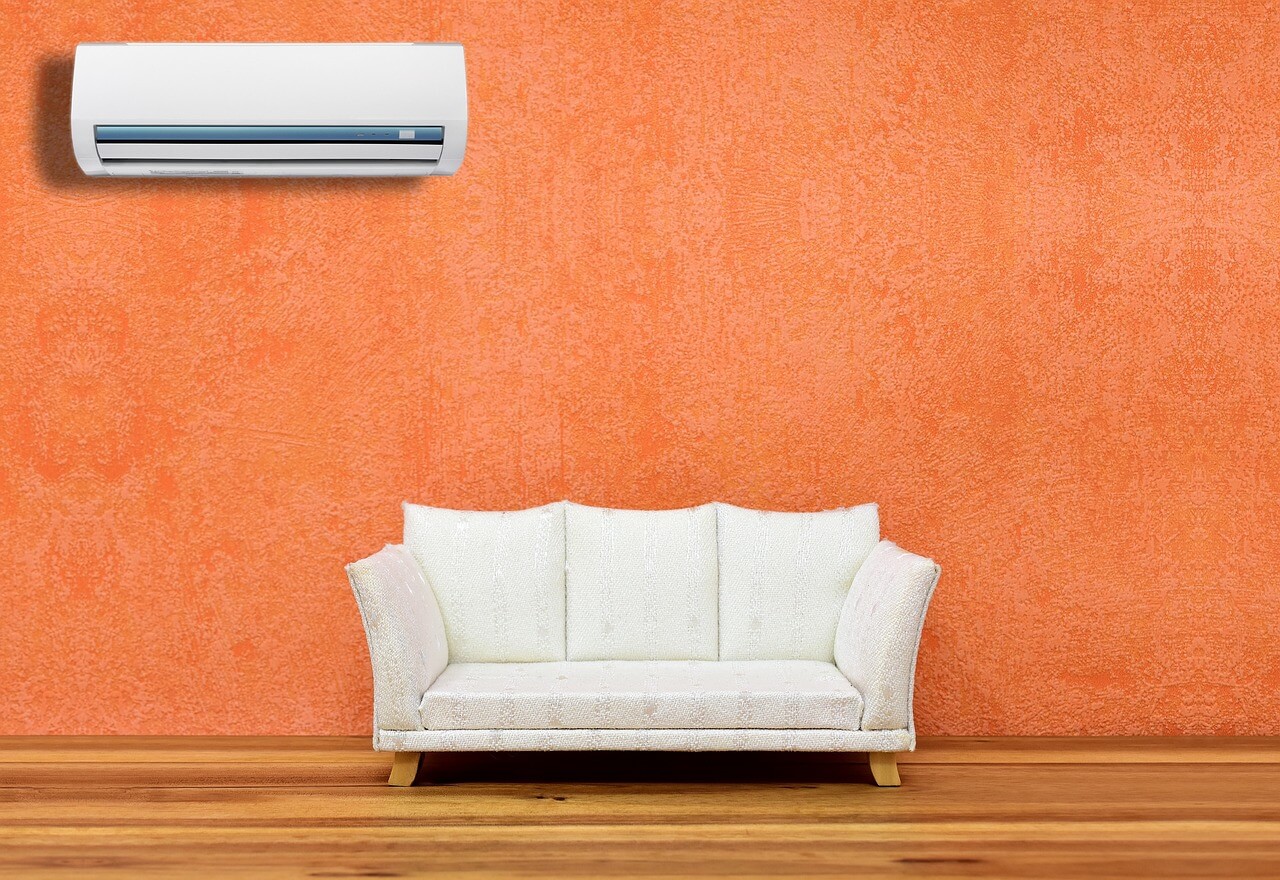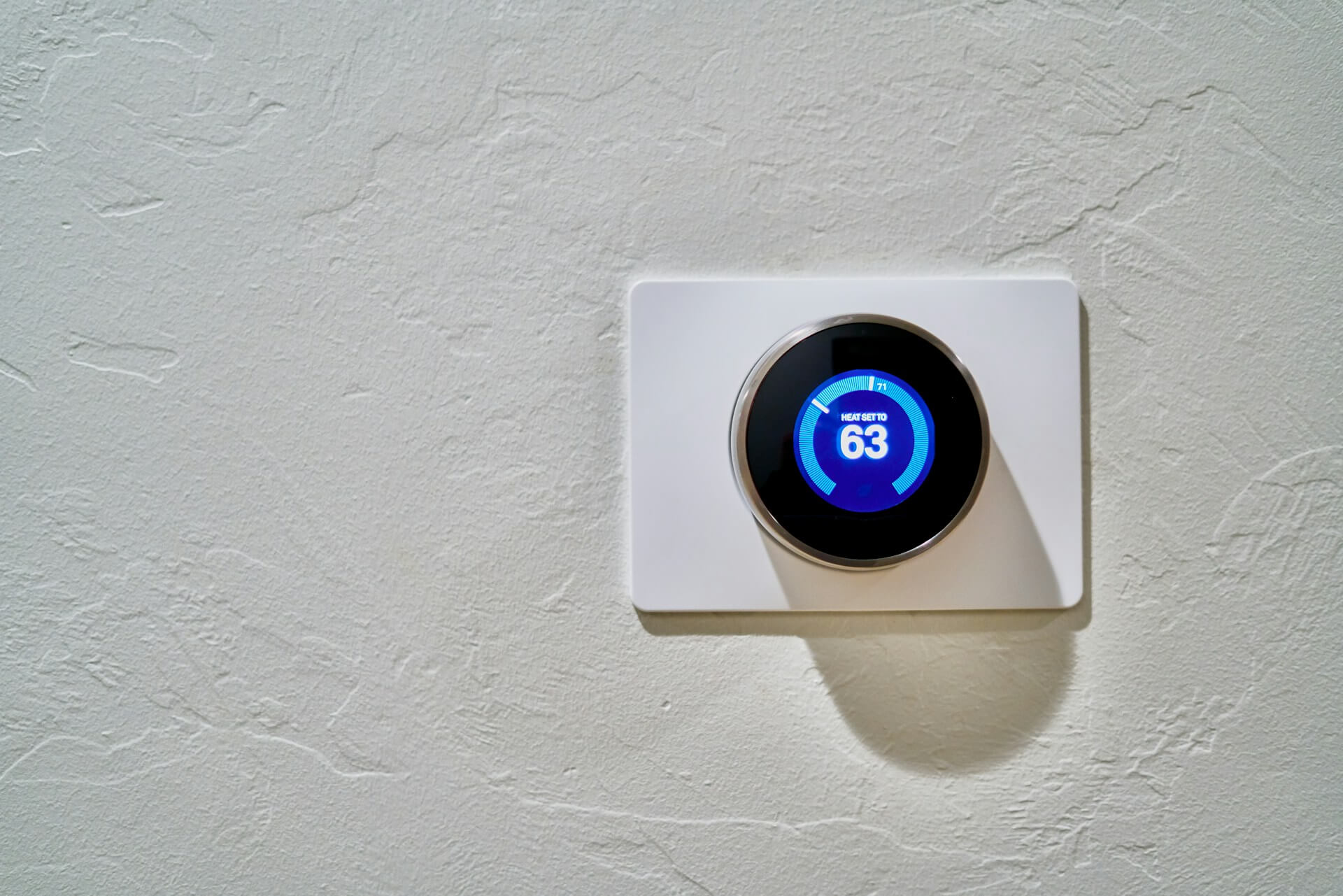Properly Maintaining Your AC Units: 6 Tips to Follow

Air conditioning units keep our homes comfortable, especially during the sweltering summer months. However, many homeowners overlook the importance of regular maintenance, which can lead to costly repairs and inefficient cooling.
By following a few simple tips for proper AC care, you can extend the lifespan of your unit, enhance its performance, and save money on energy bills. In this guide, we'll share 6 key strategies to keep your air conditioning system running smoothly, ensuring a refreshing retreat in the heat of summer.
Change the Air Filter Regularly
One of the simplest yet most vital steps in maintaining your air conditioning unit is to change the air filter regularly. A clean filter ensures optimal airflow, allowing your AC to operate efficiently and effectively. When filters are clogged with dust and debris, the system struggles to circulate air, leading to increased energy consumption and potential breakdowns. To prevent this, it's advisable to check your filter every month and replace it at least every three months, or more frequently during peak usage seasons. If you notice any unusual sounds or if your system is not cooling as it should, consider seeking professional AC repair in Carrollton TX to address any underlying issues quickly in your area. Texas is known for its hot, humid summers, and a well-functioning AC unit is a must!
Keep the Condenser Unit Clean
The condenser, located outside, is susceptible to debris buildup, including leaves, dirt, and grass clippings. This accumulation can obstruct airflow and hinder the unit's ability to release heat effectively, resulting in reduced efficiency and increased energy costs. If you want to ensure that your condenser operates at its best, regularly inspect the surrounding area and remove any obstructions. It's advisable to trim back any vegetation that may encroach upon the unit and to gently rinse the fins with a garden hose to eliminate dirt and debris. Once you're done cleaning, allow the unit to dry completely before turning it back on.
Set the Thermostat Wisely
Setting your thermostat wisely can significantly impact your AC unit's efficiency and longevity. During the hottest months, aim to keep your indoor temperature at 78 °F (25.5 °C) when you're home, and consider raising it a few degrees when you're away. This balance helps reduce strain on the system and minimizes energy consumption.
Investing in a programmable thermostat can automate temperature adjustments based on your schedule, ensuring optimal performance without sacrificing comfort. Regularly monitor your thermostat settings to ensure they're calibrated correctly, as even small discrepancies can affect cooling efficiency and lead to unnecessary wear on your AC unit.
Inspect Ducts for Leaks
Though many homeowners overlook it, leaky ducts can lead to significant energy loss, as conditioned air escapes before it reaches your living spaces. Visually inspect the ductwork for any gaps or disconnections, particularly at joints. If you notice any discrepancies, you can use duct tape or mastic sealant to seal the leaks.
Even consider having a professional perform a thorough inspection and airtightness test, which can identify hidden leaks and improve overall airflow. Properly sealed ducts can save you money and provide more consistent cooling throughout your home.
Alabama homeowners from Jefferson County always let the best professionals in AC Repair Birmingham can offer to work on duct sealing and overall system optimisation. This helps ensure peak efficiency during the hottest months and extends the lifespan of their HVAC units.
Consider an Upgrade When Necessary
Even with proper maintenance, air conditioning units have a limited lifespan. If your system is more than 10-15 years old or requires frequent repairs, it may be time to consider upgrading to a newer model. Though it may require an initial investment, a new unit can deliver improved energy efficiency, better cooling performance, and lower maintenance costs in the long run.
When selecting a new AC unit, ensure you choose the right size for your home. An oversized unit can cycle on and off frequently so that it won't adequately remove humidity, while an undersized one may struggle to cool your home efficiently.
Understand Your System's Cooling Capacity
Last but not least, understand your air conditioning system's cooling capacity, commonly measured in British Thermal Units (BTUs). This rating indicates how much heat your AC unit can remove from a space within an hour. Knowing your system's cooling capacity can help you determine whether it is appropriately sized for your home.
An AC unit with insufficient BTU capacity will struggle to cool your home, leading to higher energy bills and increased wear on the system. Conversely, an oversized unit may cool the space too quickly without properly dehumidifying it, resulting in uncomfortable humidity levels.

By following the tips discussed above, you can extend the lifespan of your AC unit and enhance its efficiency. Regular maintenance not only saves you money on energy bills but also prevents unexpected breakdowns, allowing you to enjoy a refreshing retreat from the heat. Proactive care allows you to keep your system in top condition, ensuring peace of mind and comfort for you and your family.